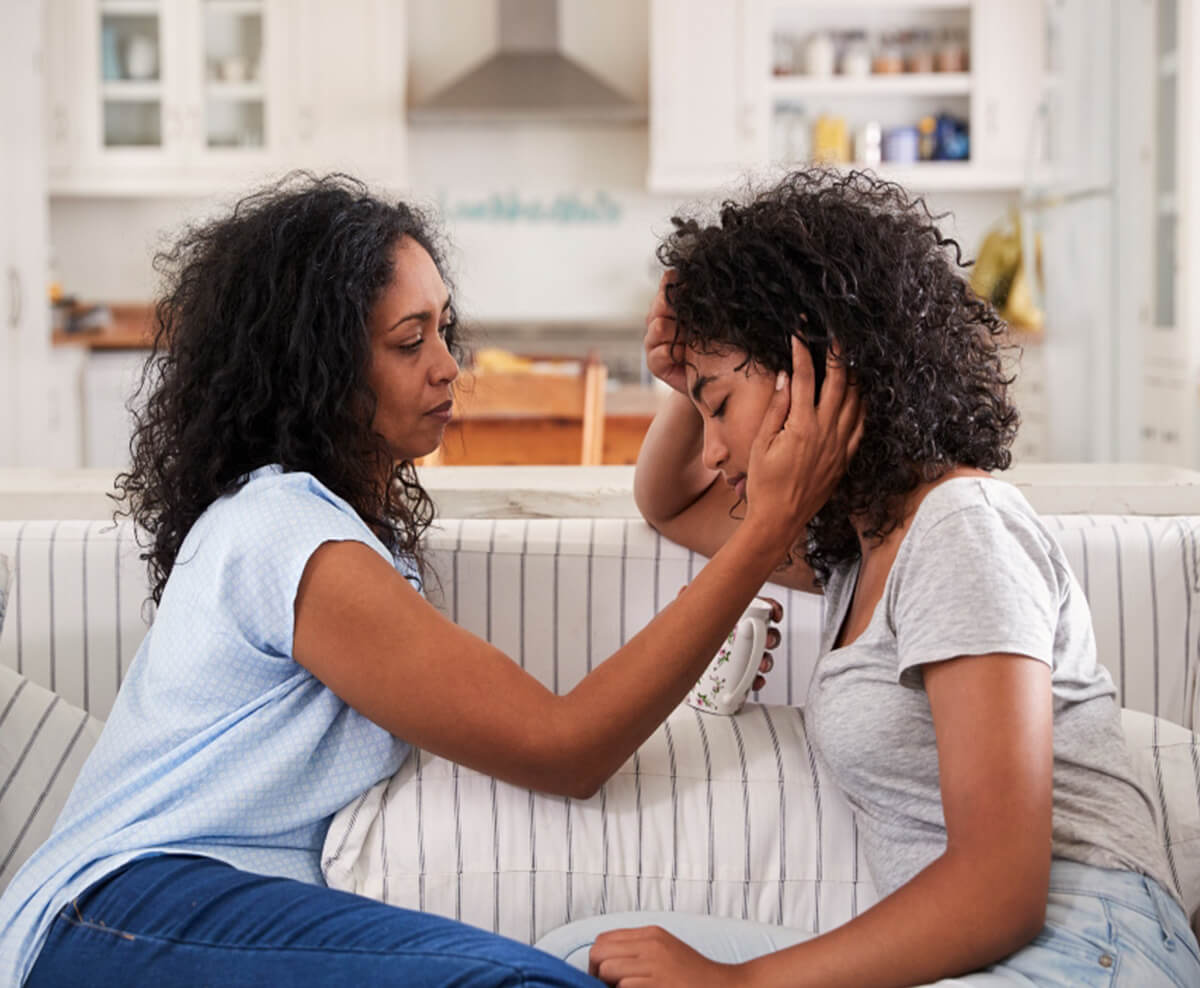Signs That Your Teen is Struggling with Anxiety or Depression
Anxiety and depression can affect teenagers as well as adults. Peer pressure, stress from schoolwork and certain biological factors are among the leading contributors for mental health problems among teens, and watching for certain signs can help your teenage son or daughter get the necessary treatment to live a better, healthier life. Any of these signs may indicate that your teen is struggling with anxiety or depression.
Withdrawing from Friends and Social Activities
If you notice that your teen is no longer interested in being around friends or taking part in sports, school clubs or other social activities that they once found enjoyable, chronic depression or anxiety may be to blame. Your child may also be losing interest in friends and activities because of bullying or other serious factors, so it is important to talk with your teen to get to the root of the problem. You should definitely be concerned if your son or daughter doesn’t give a clear explanation as to why they’ve lost interest.
Engaging in Unhealthy Behaviors
Mental health problems sometimes cause teens to lash out and engage in behaviors that put their health at risk. As Everyday Health explains, your teen’s struggles with anxiety or depression may lead them to start engaging in drug or alcohol use or promiscuity. Your teen might also start stealing or committing other illegal acts that could get them into trouble with the law. Self-harm is another unhealthy behavior that some teens with mental health problems try to use as a coping mechanism, and any noticeable cuts, scars or burns on your child’s body should be investigated by you.
Sleeping More Than Usual
Chronic fatigue is another sign that depression or anxiety might be dominating your teen’s life. The effects of these and other mental health conditions can be both mentally and physically draining, and this may cause your teen to want to sleep more. It is common for many teens to want to sleep in on the weekends, but you should be concerned as a parent if your teen would rather sleep most of the day away on their days off from school rather than engage in social or productive activities.
Differences in Eating Habits
If your teen is eating more or less than usual, your son or daughter could be struggling with a mental health problem. Eating habits may change slightly with age or because of other life factors, but any drastic changes could signify a problem. In addition to watching how your teen eats, you should watch for drastic weight gains or losses that may be linked to depression or anxiety.
Depression sometimes causes people to eat larger amounts while eating less than usual is often attributed to anxiety. Professionals who offer teen anxiety therapy in the Bay Area state that “depression tends to come across as irritability, anger, or frustration in teens.” If you notice these behavioral signs along with different eating habits, it is a good idea to research mental health professionals in your area that may be able to help your teen.
Poor Academic Performance
Teens who suffer from anxiety or depression often have more difficulty performing well in school. Your teen’s grades may be dropping to the point of failing certain school subjects. Even though you may be quick to blame a lack of motivation or social factors that are pulling your teen away from their schoolwork, anxiety or depression could be the real cause. Mental health conditions often interfere with concentration and can hamper a student’s ability to complete homework and score well on tests.
Increased Physical Pain
Both anxiety and depression are sometimes known to cause physical pains that could make your teen feel ill more frequently. Headaches and upset stomachs often result from the mental and emotional anguish that anxiety and depression can cause. Muscles and joints are often affected from the extra tension throughout the body that mental health problems often cause, and back pain may be especially prevalent. If your teen complains about experiencing any chronic physical pain, you should take them to see a doctor to determine if it’s related to physical or mental problems.
Your teen’s life may be dominated largely by feelings of anxiety or depression, and it is important to watch for signs so that the appropriate measures can be taken to find a solution. Your teen shouldn’t have to continue suffering with their mental and emotional anguish, and getting the best treatment can help them reclaim their life.




